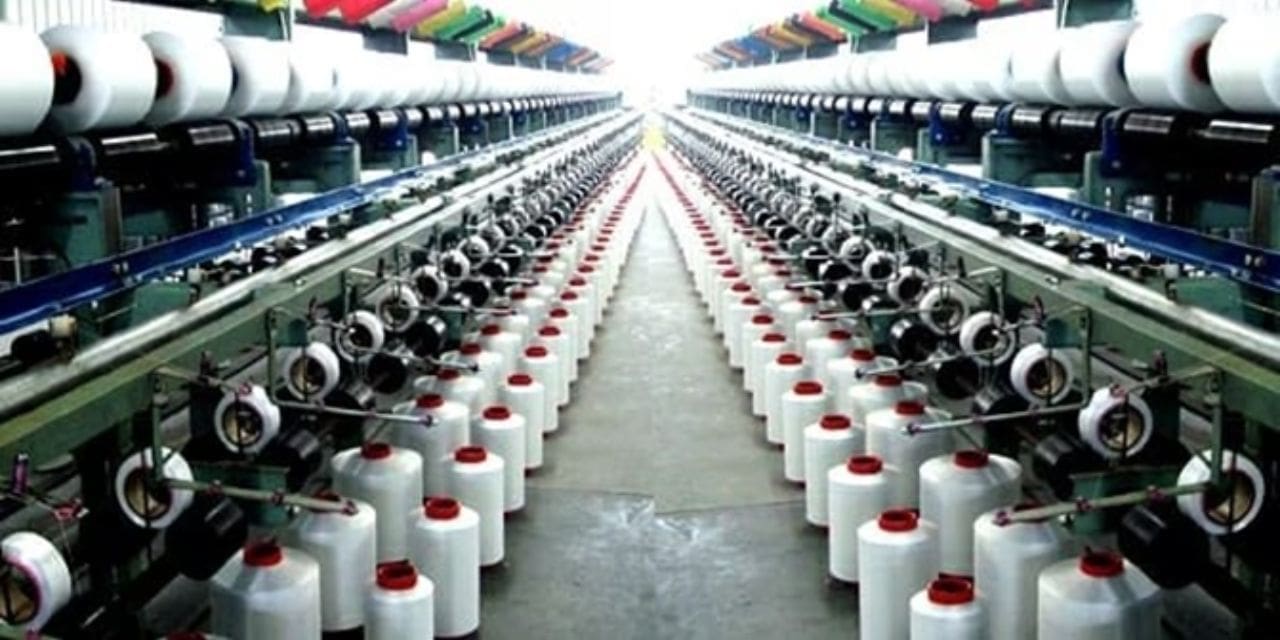The largest man-made fabric (MMF) hub in the country is facing tough competition from China, with fabric exports from China to India increasing by 8.79% in the first quarter of 2024. Industry leaders believe this rise is due to Quality Control Orders favoring Chinese exporters.
China saw a surge in textile exports to India in the first quarter of the year, reaching $684 million. Fabric exports accounted for the majority at 64.75%, totaling $442.863 million. This marked an 8.79% increase compared to the previous year. Yarn exports were valued at $198.331 million, representing 29% of the total exports.
Former SGCCI president Ashish Gujarat highlighted the impact of Quality Control Orders (QCO) on raw materials in India, stating that it has led to a rise in fabric imports from China. He urged the government to implement QCO on fabrics as well to protect the domestic textile industry from being adversely affected by Chinese imports. QCOs have enabled Chinese manufacturers to undercut India’s textile industry by exporting fabric at competitive prices, according to experts.
Yarn and fibre imports from China to India have drastically decreased in the first quarter of 2024. Yarn shipments fell by 43.23% to $198.331 million, while fibre exports dropped by 23.63% to $42.805 million. This decline contrasts with the rise in fabric imports during the same period.
In 2023, China’s textile exports to India totaled $3,594.384 million, with fabric accounting for 54.92% at $1,973.938 million, yarn at 39.21% with $1,409.318 million, and fiber at 5.87% with $211.128 million. Fabric exports saw a 6.21% decline from 2022, highlighting changes in the textile trade dynamics between the two countries.
The Indian textile industry is facing challenges in competing with global players, especially with China dominating fabric exports. Industry experts are calling for government support, such as extending Qualified Commercial Organizations (QCO) to finished fabrics. This is seen as crucial to protect the domestic market from cheap imports and promote growth in local manufacturing.

